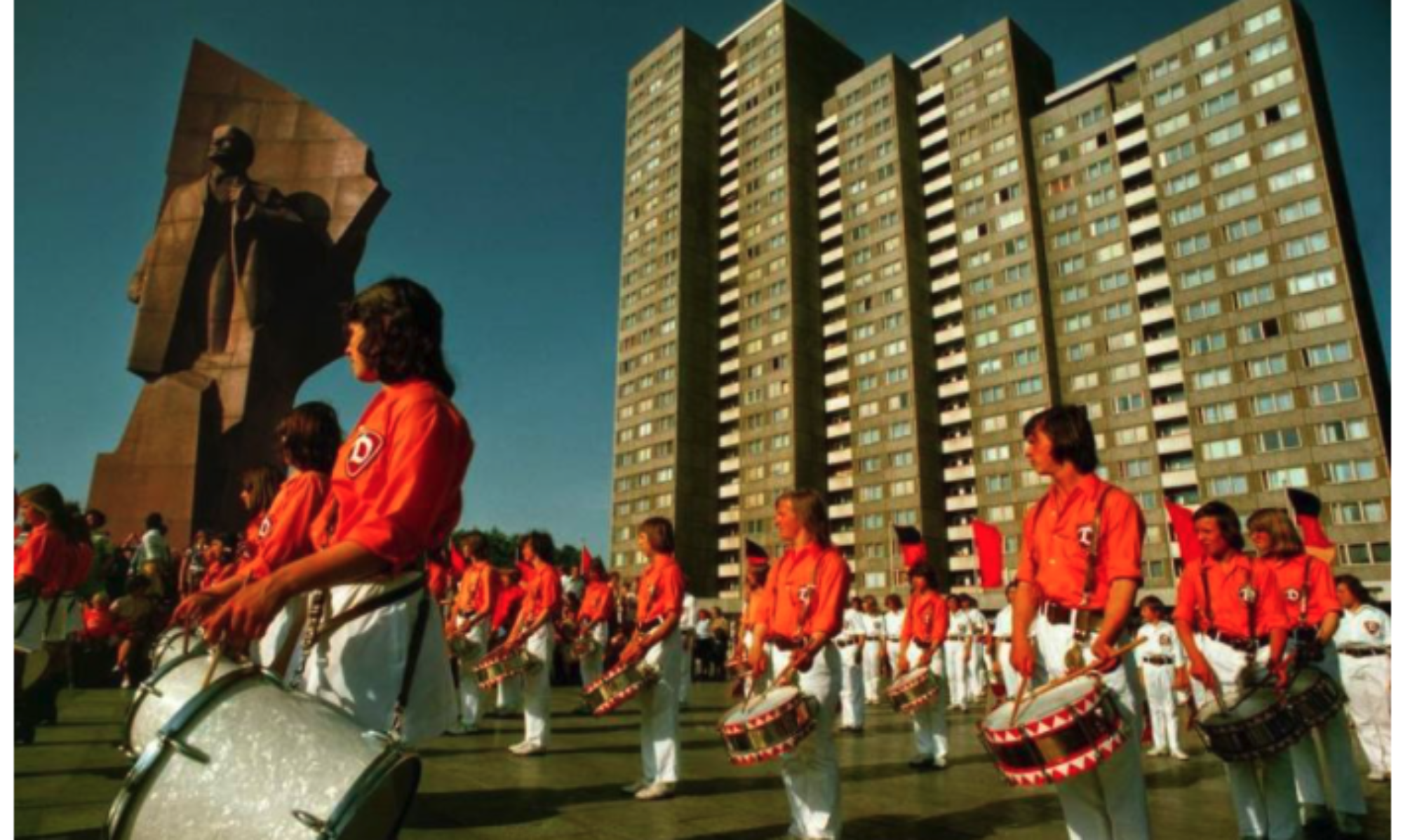A significant portion of the article by Melissa Feinberg deals with the perceptions and the managing of perceptions of the workers and proletariat class. As she writes, “Show trials taught the audience that any pretense of amity from the West was only a mask: the forces of capitalist-imperialism were their enemy” (Feinberg 30). Dealing with the many different satellites of the Soviet bloc, Feinberg observes the effects and the different narratives that show trials took on. Ranging from antiemetic to saboteurs to the long cons, the one things that tied these trials together was the shared goal of Soviet pressure to illuminate that the “the forces of capitalist-imperialism were their enemy” and that those enemies wished to take over the countries of the Soviet sphere of influence by, “[killing] their leader, [taking] power via a coup, slowly turn the people against the USSR, and make them satellites of Yugoslavia” (Feinberg 12, 30). Playing up these fears cannot be understood with the willingness of Soviet and Communist Party leaders had in sacrificing their copatriots for the most minute notion. Perhaps highlighting their paranoia, but these show trials also demonstrate that they believed that the people around them may not have been as loyal to their cause as they had thought they might have been when they started their struggles. Especially with such sentiments underpinning the different narratives that any western influence exhibited by Yugoslavia or interactions with people of the west illustrates Communits saw that their infant economies could be thrown to the wind with the slightest disruption (Feinberg 10-11). With these fears from the upper echelons of the Communist Parties, the show trials appear to have taken on the effect of trying to manage the feelings and outward expressions of those viewing the trials.
Later in the article, however, Feinberg begins to analyze how effective these trials by suggesting “instead of considering belief as an either-or proposition, it may be more productive to think of it as falling on a spectrum and consider reactions to a trial as representing a range of responses” (Feinberg 26). After observing some of these different reactions to separate trials, she concludes, “rather than seeing this trial [Slansky’s trial] as evidence of Communist strength, some workers wondered how their leaders could have allowed the traitors to do so much damage before they were captured” (Feinberg 30). The questions that arise are multifaceted and follow as such: Is it possible that despite the evidence of support for the decisions, Feinberg presenting the conclusion of some workes being critical of them are elevated or overstated? If they are, how can that position be reconciled with the fact that many wives of the convicted were harshly ostracized (Feinberg 25-27)? Additionally, do the emotions or sentiments of the people in these cases actually matter considering that their actions illustrated support? That is to ask, does it matter that the internal dialogues of these people did not reflect their outward actions of ostracizing others, sending letters for executions, and taking on additional hours at work (Feinberg 25-27)? And lastly, were the actions that these Communist leaders took by orchestrating these show trials and the mixed reviews they received from the people detrimental to their overall goals? How did you see these trails as pushing away or pulling closer the people of these countries in a productive way? How could this opinion be contrasted, in the treatment that the USSR of their citizens and the people, with the emotions of the people of the US with trials like the Rosenbergs and other McCarthy Era arrests that targeted leftists?
